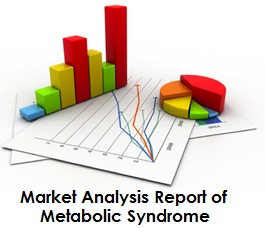
Jun Sun
University of Illinois at Chicago, USA
Title: Vitamin D/Vitamin D receptor regulation of microbiome in inflammation and obesity
Biography
Biography: Jun Sun
Abstract
Obesity occurs when there is an unfortunate combination of environment triggers, genetic susceptibility, and dysbiosis. A positive association between obesity and vitamin D deficiency have been found in human obesity for years, but determining cause and effect has been difficult. Majority of the biological function of vitamin D is regulated by vitamin D receptor (VDR). Our Nature Genetics paper has demonstrated that human VDR gene is a key host factor to shape gut microbiome. Further, we have demonstrated that intestinal epithelial VDR conditional knockout (VDRΔIEC) leads to dysbiosis (imbalanced microbiome). However, the study on biological function of VDR in obesity-associated dysbiosis and inflammation is still limited. In the current study, we showed that conditional removal of VDR in the intestinal epithelium made mice more susceptible to obesity. There are decreased genus Lactobacillus and butyrate-producing bacteria in the VDRΔIEC mice. Interestingly, the genus Lactobacillus was enriched on calorie-restricted low-fat diet. The butyrate-producing bacteria play an important role in blood glucose regulation and lipid metabolism. The dysbiosis observed in VDRΔIEC mice is very similar as the bacterial profile in obesity. Dysbiosis controls metabolic endotoxemia during obesity and bacterial factors, such as lipopolysaccharide (LPS). Our
data showed accumulated LPS in the blood of VDRΔIEC mice. Increased inflammation and insulin intolerance were found in the VDRΔIEC mice on high fat diet. Taken together, our study has demonstrated that VDR regulation of microbiome contributes to the development of obesity.

